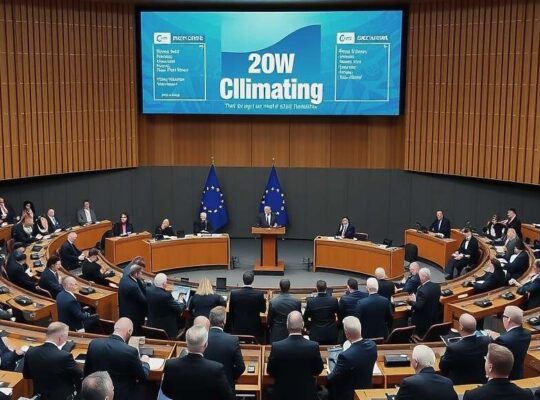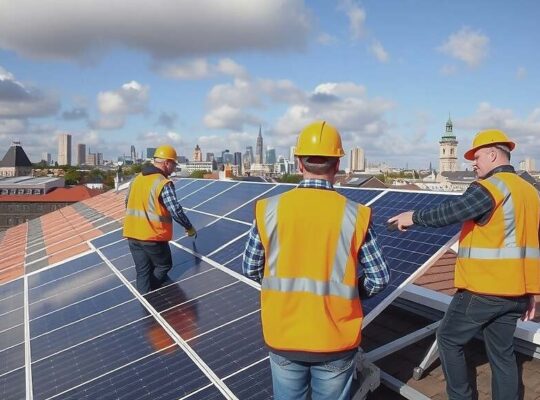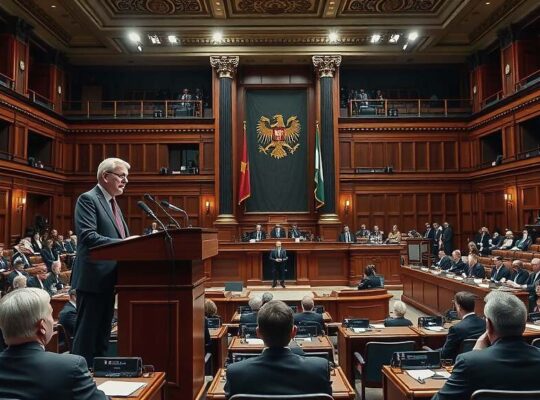A concerning assessment from the University of Hamburg’s Cluster for Climate, Climatic Change and Society paints a stark picture of Germany’s faltering commitment to its climate targets, raising serious doubts about the nation’s ability to achieve carbon neutrality by 2045. The study, evaluating seven key societal processes critical to successful climate action, concludes that political inertia, economic hesitations and shifting public sentiment are collectively derailing progress.
Researchers identify a deepening cycle of blockage and escalation as a primary driver for these setbacks. The study’s author, Stefan Aykut, argues that delayed action ultimately increases the cost of climate mitigation, potentially eroding public support and fueling further resistance – a self-reinforcing spiral that jeopardizes long-term goals. This dynamic highlights a perilous risk: the more delayed action becomes, the more difficult – and politically contentious – the required transformations.
The contentious debate surrounding the Building Energy Act (GEG) serves as a particularly illustrative example. The confrontational rhetoric that engulfed the discussion in 2023 demonstrably backfired, prompting a surge in the purchase of climate-damaging heating systems while sales of less emission-intensive heat pumps plummeted. This situation underscores not only the vulnerability of climate policy to political polarization but also the potential for poorly managed transitions to actively undermine progress.
The study’s findings provoke critical questions about the efficacy of current policy approaches and the necessity for a re-evaluation of engagement strategies. Instead of top-down mandates often met with resistance, the researchers advocate for a decentralized approach, emphasizing the importance of bolstering local initiatives and strengthening the legal and political standing of citizen-led efforts. This shift suggests a move away from command-and-control mechanisms and towards fostering a more participatory and resilient climate action framework, one that is less susceptible to the disruptive effects of polarized political dialogue and potentially divisive policy debates. The failure to adapt risks not only escalating environmental costs but also fracturing the social cohesion crucial for long-term success.












